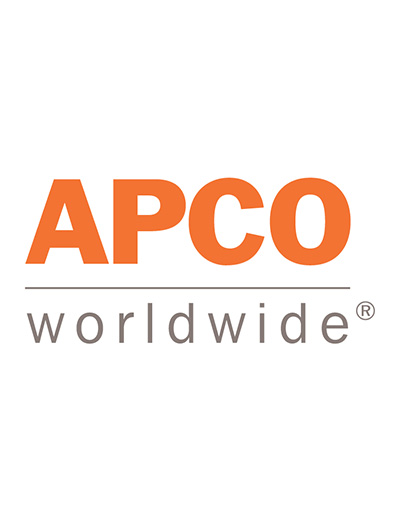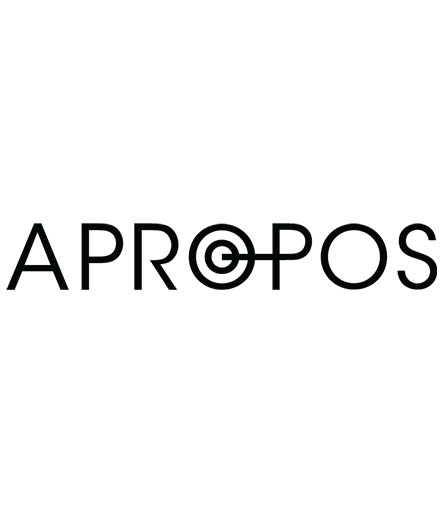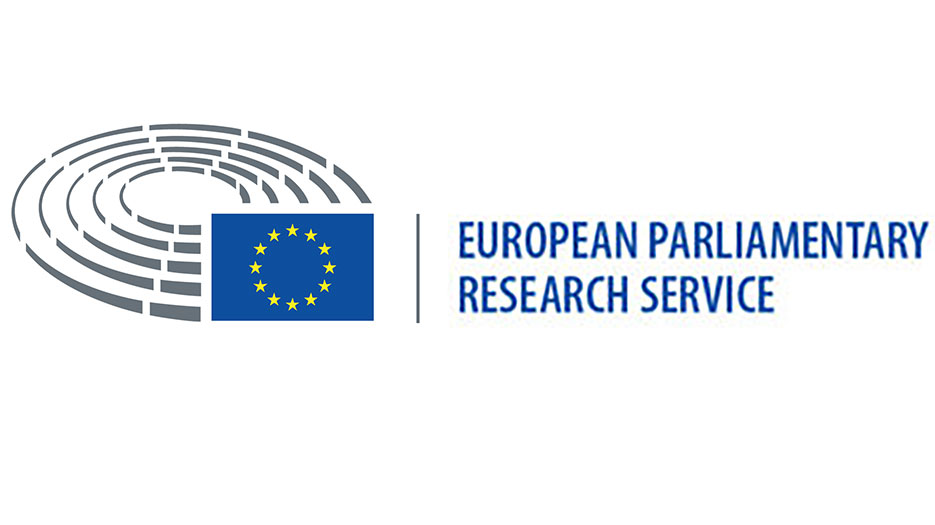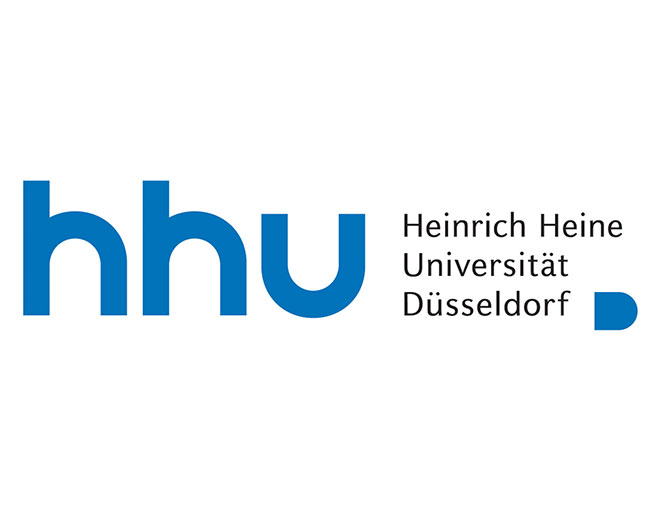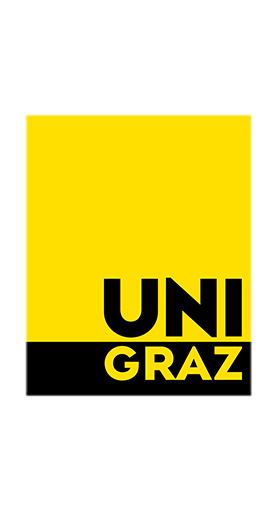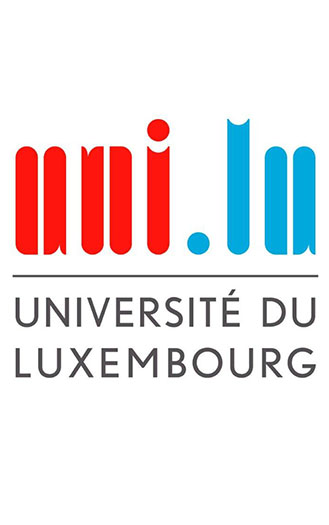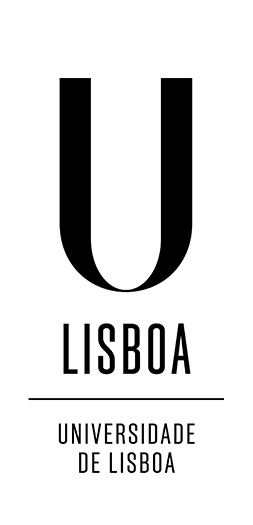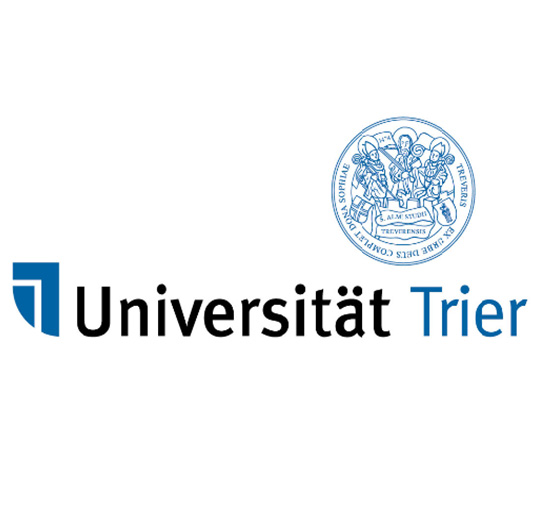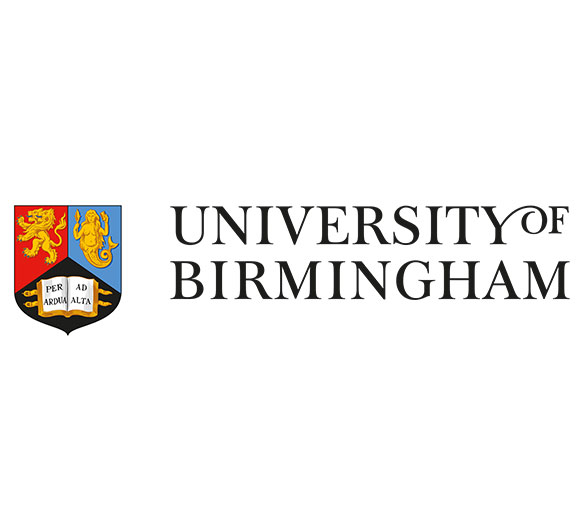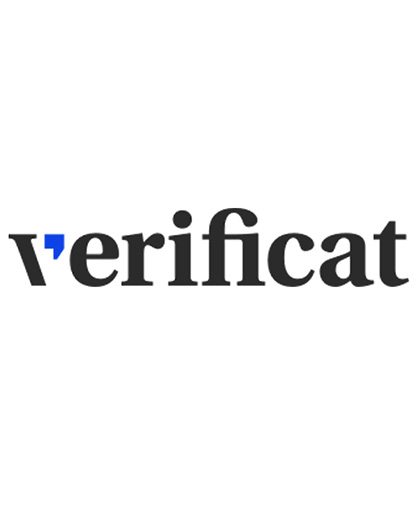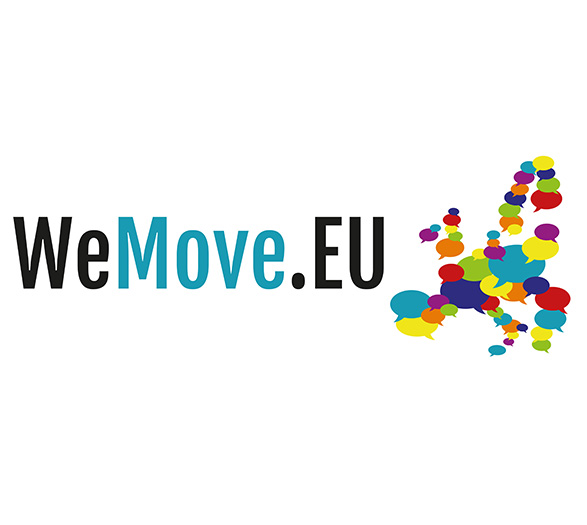In 2015, the financial crisis and the sudden influx of people seeking refuge in Europe put a strain on cross-European relations, particularly between those of Germany and Greece. Our partner organizations identified a need for more constructive exchange between policymakers to mitigate political tensions across Europe. The positive impact produced by the first political dialogue experiences designed by our partners – which brought together politicians from across Europe – highlighted a severe and pervasive gap in dialogue among Europe’s policymakers.
The crucial role played by national politicians in shaping the European debate emerged clearly. European politics was being decided as much in the capitals as it was in Brussels. Yet, the effective involvement of national parliaments in the broader European debate remains limited. At the same time, the growing reluctance of one political faction to speak openly to colleagues from across the political and ideological divide, only served to complicate matters further.
The need for better channels for meaningful communication and exchange for national and European politicians to come together and openly discuss matters of European political relevance, was clear.
Our partner organizations, which include think tanks and foundations from across Europe, acting on their mission as non-partisan public policy organizations dedicated to promoting policy debate and cooperation, decided to join forces and launch the Mercator European Dialogue program in 2015.
This political dialogue pilot project has since established itself as Europe’s first informal dialogue platform for policymakers across countries and political parties, a permanent platform for policymakers across individual European parliaments to connect in an informal and neutral setting.
In 2021, as the platform grew and brought together new partners and supporters, it was renamed to Open European Dialogue. The project’s motto became: “We need to talk!”
That same year it received the recognition of the OECD as a global best-practice for cross-border collaboration and innovation.
Initially launched as a joint initiative between Stiftung Mercator and the German Marshall Fund of the United States, in cooperation with the Barcelona Centre for International Affairs, the Istituto Affari Internazionali in Rome, and the Hellenic Foundation for European and Foreign Policy in Athens. It has since acquired the support of the King Baudouin Foundation, the Robert Bosch Stiftung and the Bertelsmann Stiftung. As of 2023 the Open European Dialogue is coordinated by the non-profit organization APROPOS, which specializes in process design methods for politics, in collaboration with its partners across Europe.

2015
Mercator European Dialogue

2020
Open European Dialogue
Through the use of process design and facilitation we work to provide tailored fit-for-purpose spaces for politicians to engage in genuine dialogue with one another— beyond the rigidities of formal institutional and communication channels. We define our work by what it is not. It is not an expert-led top-down conference nor is it a negotiation table or a parliamentary plenary; it is not a debate with a final winner or loser, nor an attempt at advocacy. Our work is about promoting real dialogue in politics.
“Dialogue— the meaningful and meaning-creating exchange of perceptions and opinions. The term is now primarily defined as a conversation between two or more people characterized by openness, honesty and genuine listening. In contrast to the terms “discussion” and “debate”, which focus primarily on the content of a conversation, the word “dialogue” places equal emphasis on the relationship between the persons involved. Another difference is that “debate” often includes a competitive component to underline the superiority of one opinion, while “dialogue” implies mutual understanding and the aim to identify common ground.”
– Basics of Dialogue Facilitation, Norbert Ropers

The Open European Dialogue is made for, and by, members of parliaments across Europe. As part of our efforts to identify the needs of parliamentarians and address them adequately, we receive strategic input from our Parliamentary Steering Committee. The committee members are chosen amongst our network members for their unique political perspectives as well as their commitment to the Open European Dialogue and its mission to promote an open and genuine exchange across political parties and member states. The current members of the Parliamentary Steering Committee are:
Poland
Italy
Austria
Cyprus
Bulgaria
Greece
Spain
Italy
Germany
Belgium
Sweden
Hungary
Portugal
Romania
Luxembourg
Estonia
By joining the Open European Dialogue, policymakers will be invited to exclusive events and dialogues, and experience face-to-face exchanges on political challenges of national and European relevance. They gain access to other members from different countries and political parties, as well as a network of international experts. They gain power of initiative to request the Open European Dialogue to activate the network on their behalf, organizing dialogues, bilateral exchanges, field trips, and commission research. Members will also periodically receive targeted news on policy and political developments relevant to their work, such as analysis from our partner think tanks or news on parliamentary affairs and cooperation in Europe.
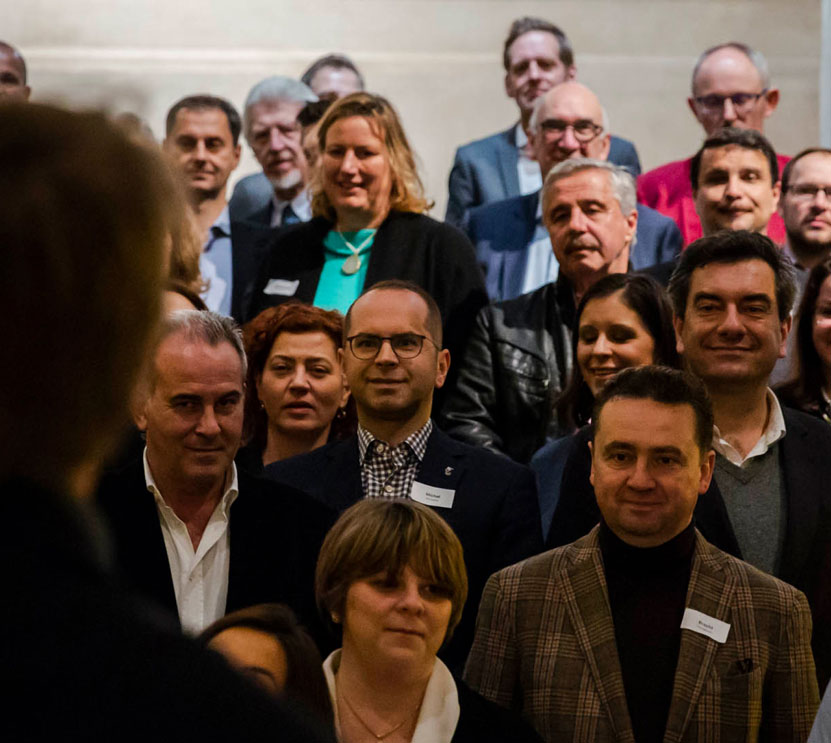
As a politically neutral and independent network, we are cooperatively run by leading think tanks all over Europe:
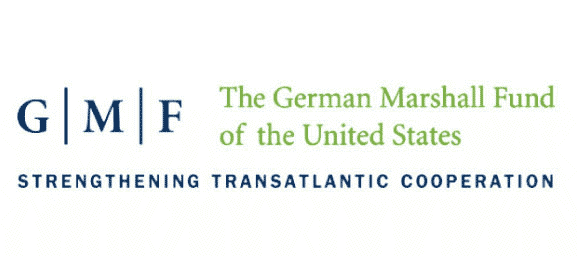




The German Marshall Fund of the United States (GMF) strengthens transatlantic cooperation on regional, national, and global challenges and opportunities in the spirit of the Marshall Plan. GMF contributes research and analysis and convenes leaders on transatlantic issues relevant to policymakers. GMF offers rising leaders opportunities to develop their skills and networks through transatlantic exchange, and supports civil society in the Balkans and Black Sea regions by fostering democratic initiatives, rule of law, and regional cooperation. Founded in 1972 as a non-partisan, non-profit organization through a gift from Germany as a permanent memorial to Marshall Plan assistance, GMF maintains a strong presence on both sides of the Atlantic. In addition to its headquarters in Washington, DC, GMF has offices in Berlin, Paris, Brussels, Belgrade, Ankara, Bucharest, and Warsaw. GMF also has smaller representations in Bratislava, Turin, and Stockholm.
The Istituto Affari Internazionali (IAI) was founded on 11 October 1965 on the initiative of Altiero Spinelli. The Institute's main objective is to promote an understanding of the problems of international politics through studies, research, meetings and publications, with the aim of increasing the opportunities of all countries to move in the direction of supranational organization, democratic freedom and social justice (IAI Bylaws, Article 1). It's main research areas include: EU Institutions and Politics, the EU's Global Role, Turkey and the Neighborhood, International Political Economy, Mediterranean and Middle East, Transatlantic Relations, Security and Defence, Italian Foreign Policy, Energy. A nonprofit organization, the IAI is funded by individual and corporate members, public and private organizations, major international foundations, and by a standing grant from the Italian Ministry of Foreign Affairs.
The Barcelona Centre for International Affairs (CIDOB) is an independent and plural think tank based in Barcelona, dedicated to the study, research and analysis of international affairs. Created in 1973 as an International Documentation Centre of Barcelona, it is a private foundation since 1979. CIDOB promotes global governance and good practices – based on local, national and European democratic government – to ensure that people possess the basic elements to live their lives free from fear and in liberty, by facilitating a dialogue that includes all diversities and which actively defends human rights and gender equality. CIDOB is a dynamic community of analytics that works to produce and offer to all political actors – from individual citizens to international organizations – information and ideas to formulate and promote policies for a more secure, free and fair world for everyone.
ELIAMEP is an independent, non-profit and policy-oriented research and training institute. It neither expresses, nor represents, any specific political party view. It is only devoted to the right of free and well-documented discourse. ELIAMEP’s mission is to provide a forum for public debate on issues of European integration and international relations to conduct scientific research that contributes to a better informed and documented knowledge of the European and international environment.
Democracy works when we work together. To work together well, we need to understand and respect each other despite our differences. Democracies listen. To build respect and understanding in politics, APROPOS combines research with experimentation and decades worth of practical experience in designing deliberative decision-making processes and unique political dialogues. We design and carry out meetings with policymakers, facilitate conversations, train practitioners, and publish research on political process to advance the dialogue and collaborative capacities that will be vital for the decades of comprehensive societal changes ahead of us.
This project is supported by:

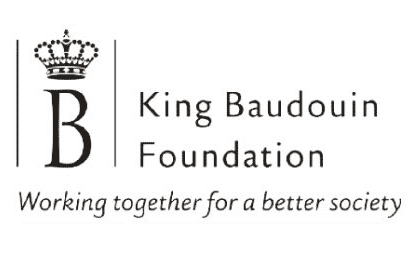
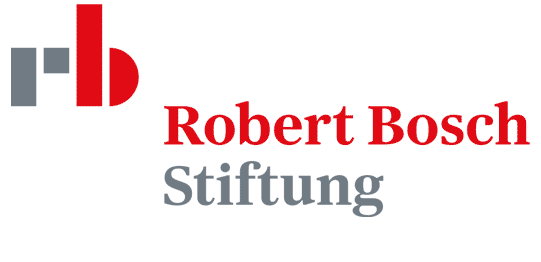

The Robert Bosch Stiftung GmbH is one of Europe’s largest foundations associated with a private company. In its charitable work, it addresses social issues at an early stage and develops exemplary solutions. For this purpose, it plans and implements its own projects. Additionally, it supports third-party initiatives that have similar goals. The Robert Bosch Stiftung is active in the areas of health, education as well as global issues. Since it was established in1964, the Robert Bosch Stiftung has invested more than 2.3 billion euros in charitable work.
Stiftung Mercator is a private and independent foundation. Through its work it strives for a society characterized by openness to the world, solidarity and equal opportunities. In this context it concentrates on strengthening Europe; increasing the educational success of disadvantaged children and young people, especially those of migrant origin; driving forward climate change mitigation and promoting science and the humanities. Stiftung Mercator symbolizes the connection between academic expertise and practical project experience. One of Germany’s leading foundations, it is active both nationally and internationally. Stiftung Mercator feels a strong sense of loyalty to the Ruhr region, the home of the founding family and the foundation’s headquarters.
The King Baudouin Foundation’s mission is to contribute to a better society. The Foundation is an actor for change and innovation, serving the public interest and increasing social cohesion in Belgium and Europe. We seek to maximize our impact by strengthening the capacity of organizations and individuals. We also stimulate effective philanthropy by individuals and corporations. The Foundation’s key values are integrity, transparency, pluralism, independence, respect for diversity, and promoting solidarity. The Foundation’s current areas of activity are poverty and social justice, philanthropy, health, civic engagement, developing talents, democracy, European integration, heritage and development cooperation. The King Baudouin Foundation is a public benefit foundation. The Foundation was set up in 1976 on the occasion of the 25th anniversary of King Baudouin's reign.
The Bertelsmann Stiftung is a private operating foundation. Through its projects, studies and events, it stimulates debate and provides impetus for social change. Serving the public good and having a sustainable impact are the fundamental principles underlying its activities. The Bertelsmann Stiftung's activities are exclusively and directly philanthropic in nature. Its objective is to promote research and understanding in the areas of religion, public health, youth and senior affairs, culture and the arts, public education and career training, social welfare, international cultural exchange, democracy and government, and civic engagement.
An extended scientific network allows our members to draw from the expertise of organizations across Europe and beyond.



